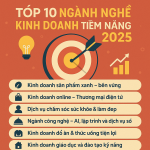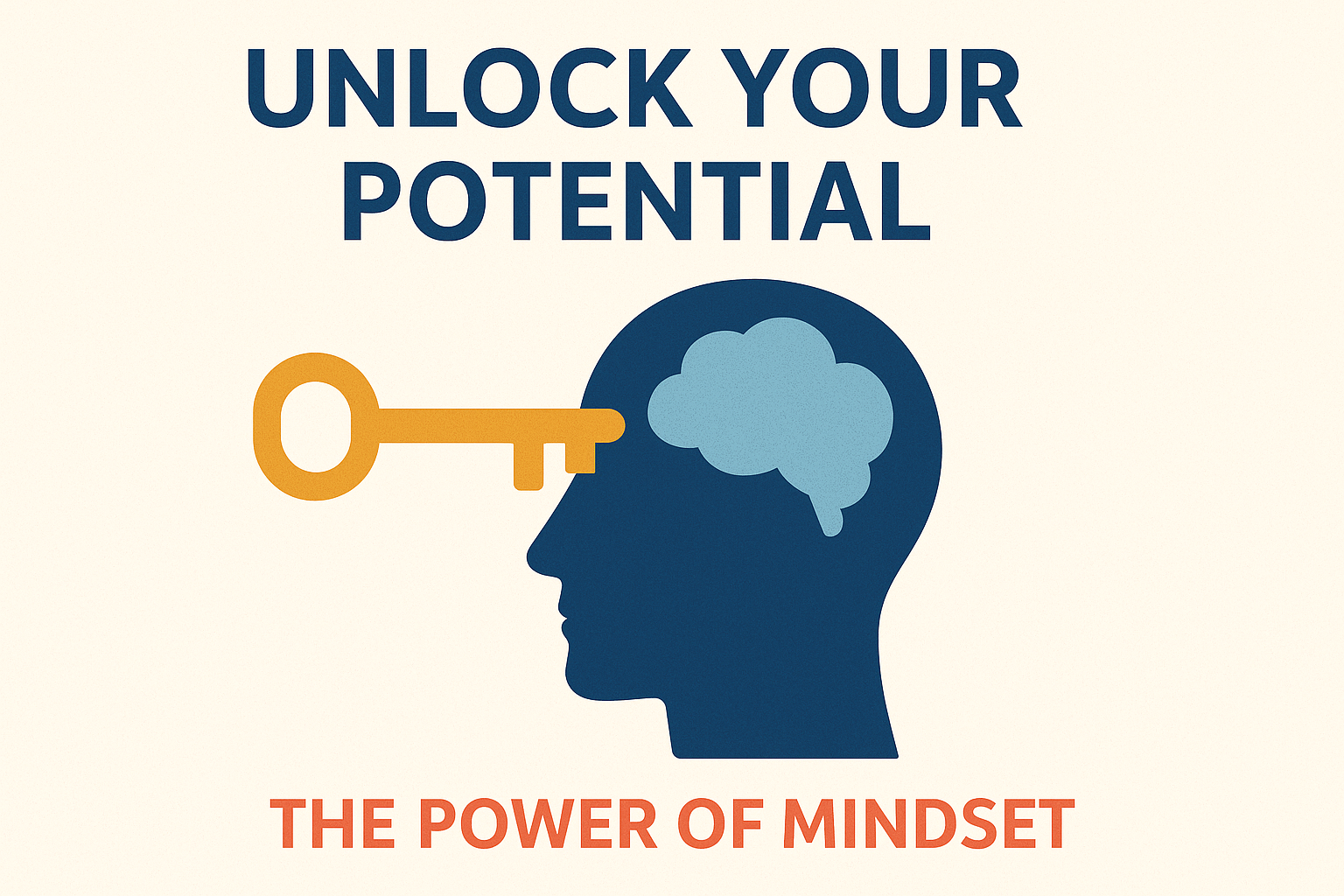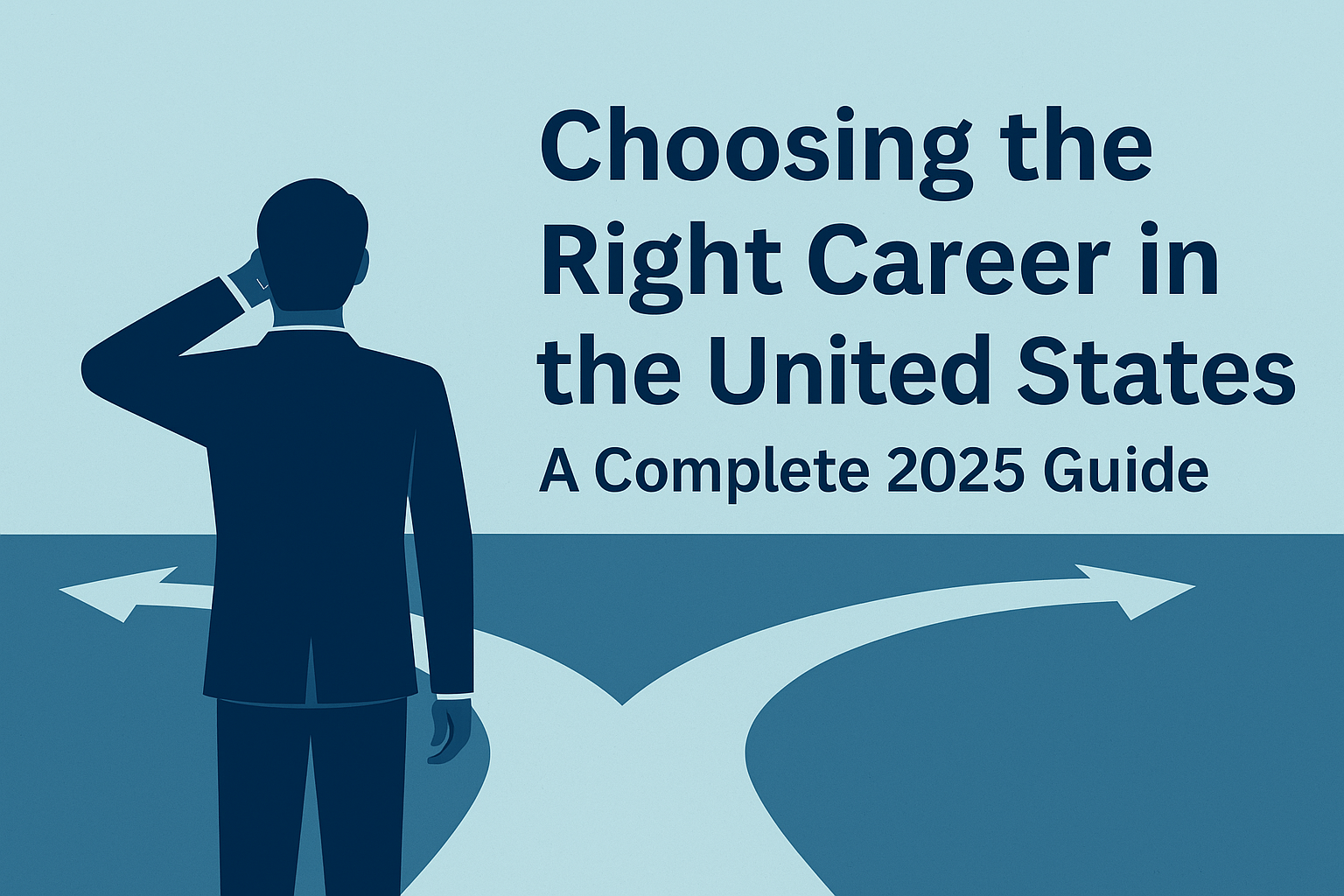Discover how to achieve personal growth with powerful habits, mindset shifts, and strategies to reach your full potential and live a meaningful life.
1. Introduction: What Is Personal Growth?
Personal growth, often called self-improvement or personal development, is the lifelong process of understanding yourself, improving your skills, and expanding your mindset. It’s about becoming the best version of yourself — emotionally, intellectually, and spiritually.
Unlike material success, personal growth is an inner journey. It’s not about comparing yourself with others but about competing with who you were yesterday. Every small improvement — learning a new skill, developing patience, or cultivating gratitude — contributes to your evolution as a person.
In today’s fast-paced digital world, investing in personal growth is more important than ever. It helps you adapt to change, build confidence, and achieve a balanced, meaningful life.
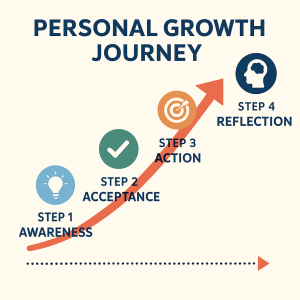
2. Why Personal Growth Matters
Many people go through life on autopilot, repeating the same routines without reflection or purpose. Personal growth breaks that cycle. It empowers you to:
-
Develop clarity about your goals and values.
-
Build resilience in the face of challenges.
-
Enhance self-awareness and emotional intelligence.
-
Create fulfilling relationships with yourself and others.
-
Reach your full potential in your career and personal life.
When you focus on growing as a person, everything else — success, happiness, and peace — naturally follows.
See more.Career Development
3. The Core Pillars of Personal Growth
To truly transform yourself, focus on the following five core areas of development:
a. Self-Awareness
Self-awareness is the foundation of personal growth. It’s the ability to recognize your thoughts, emotions, strengths, and weaknesses.
When you understand yourself deeply, you make better decisions and align your actions with your true purpose.
How to develop it:
-
Practice daily journaling or reflection.
-
Ask for feedback from trusted friends or mentors.
-
Meditate to become more aware of your thoughts.
b. Mindset
Your mindset determines how you see challenges — as barriers or opportunities. Psychologist Carol Dweck describes two types of mindsets: the fixed mindset and the growth mindset.
A fixed mindset believes abilities are innate; a growth mindset believes abilities can be developed. To grow personally, adopt a growth mindset.
Tips:
-
Replace “I can’t” with “I can learn.”
-
Celebrate progress, not perfection.
-
Embrace failure as feedback.
c. Emotional Intelligence (EQ)
Emotional intelligence is the ability to understand and manage emotions — both your own and others’. It’s a key factor in leadership, relationships, and happiness.
Ways to strengthen EQ:
-
Practice empathy by truly listening to others.
-
Pause before reacting emotionally.
-
Learn to express feelings honestly but kindly.
d. Habits and Discipline
Motivation gets you started, but habits keep you going. Successful people are often not the most talented — they’re the most consistent.
Powerful daily habits:
-
Wake up early and set intentions for the day.
-
Read 10 pages of a book daily.
-
Exercise and eat mindfully.
-
Reflect on what went well and what didn’t.
e. Purpose and Vision
Without purpose, growth feels empty. Define what success means to you — not what society dictates.
Ask yourself:
-
What do I love doing even without reward?
-
What problems do I feel called to solve?
-
What kind of person do I want to become?
Your purpose acts as your compass, guiding every decision you make.
4. The Stages of Personal Growth
Personal growth doesn’t happen overnight — it’s a journey through different stages:
-
Awareness: Recognizing that you want to grow.
-
Acceptance: Understanding your current reality without judgment.
-
Action: Taking small, consistent steps toward change.
-
Reflection: Evaluating progress and adjusting your approach.
-
Mastery: Integrating growth into your identity and lifestyle.
Each stage requires patience, persistence, and self-compassion.
5. How to Start Your Personal Growth Journey
If you’re ready to start growing, here’s a simple roadmap:
Step 1: Set Meaningful Goals
Avoid vague goals like “I want to be better.” Instead, make them SMART — Specific, Measurable, Achievable, Relevant, and Time-bound.
Example: “I will read one personal development book per month.”
Step 2: Build Positive Habits
Start small. Choose one or two habits that align with your goals and repeat them consistently. Small wins build momentum.
Step 3: Surround Yourself with Growth-Oriented People
You are the average of the five people you spend the most time with. Join communities, mentorship programs, or online forums that inspire you.
Step 4: Learn Continuously
Commit to lifelong learning — through books, podcasts, courses, or experiences. Growth never ends.
Step 5: Reflect Regularly
Once a week, ask yourself:
-
What did I learn this week?
-
What am I grateful for?
-
What can I improve next week?
See more.Discover Your Passion
6. Overcoming Obstacles in Personal Growth
Growth isn’t always easy. You’ll face fear, doubt, and resistance. Here’s how to overcome common obstacles:
-
Fear of failure: Reframe failure as a lesson. Every mistake moves you closer to mastery.
-
Procrastination: Break big goals into small, manageable tasks.
-
Lack of motivation: Reconnect with your “why.” Remember why you started.
-
Negative self-talk: Replace “I’m not good enough” with “I’m improving every day.”
Self-compassion is key — treat yourself like a close friend who deserves understanding and encouragement.
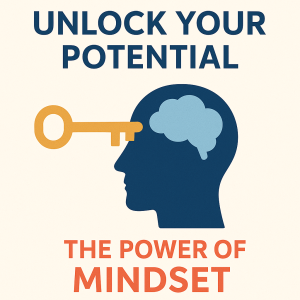
7. The Role of Mindfulness in Personal Growth
Mindfulness means being fully present in each moment without judgment. It helps you respond to life consciously instead of reacting automatically.
Benefits of mindfulness:
-
Reduces stress and anxiety
-
Improves focus and decision-making
-
Enhances emotional balance
Try this simple exercise:
Spend 5 minutes each morning focusing on your breath. Observe your thoughts without labeling them as good or bad.
8. Building a Growth-Oriented Environment
Your environment shapes your behavior more than you realize. Optimize it for growth:
-
Keep your workspace clean and inspiring.
-
Read empowering quotes or listen to motivational talks.
-
Limit exposure to negativity (toxic news, gossip, social media).
-
Set digital boundaries — schedule “no phone” hours.
When your surroundings support your goals, progress becomes natural.

9. The Power of Gratitude and Reflection
Gratitude transforms your mindset from scarcity to abundance. When you focus on what’s going right, you attract more positive experiences.
Daily gratitude ritual:
-
Write down 3 things you’re grateful for each night.
-
Thank the people who help or inspire you.
-
Appreciate your progress, no matter how small.
Combine gratitude with reflection, and you’ll stay grounded even in tough times.
10. Personal Growth and Relationships
Personal growth also means learning how to connect authentically with others. As you evolve, your relationships should evolve too.
Healthy growth in relationships involves:
-
Clear communication and active listening
-
Respecting differences in opinion
-
Encouraging each other’s dreams
-
Letting go of toxic or one-sided connections
Remember: personal growth isn’t selfish — it’s necessary to love others more deeply.
11. Personal Growth in the Digital Era
In 2025, technology can both help and hinder your growth. Use it wisely.
Digital tools for growth:
-
Apps: Notion, Habitica, Headspace, Duolingo
-
Podcasts: “The Mindset Mentor,” “The Daily Stoic”
-
Courses: Coursera, Udemy, Skillshare
Avoid the trap of endless scrolling — replace consumption with creation.
12. Measuring Your Growth
Growth isn’t always visible, but it can be measured:
-
Track your habits using journals or apps.
-
Notice emotional responses — are you calmer, more patient, more confident?
-
Reflect on your relationships and achievements over time.
Growth is progress, not perfection.
13. Conclusion: The Journey Never Ends
Personal growth is not a destination — it’s a lifelong journey. You’ll have ups and downs, moments of clarity, and times of confusion. But every step you take, no matter how small, brings you closer to your best self.
Remember:
“Who you are tomorrow begins with what you choose to do today.”
So start now — read that book, meditate, take that course, or simply reflect for five minutes. The future version of you is waiting to thank you.




